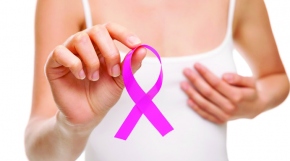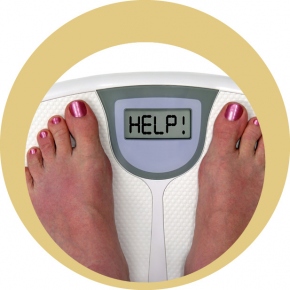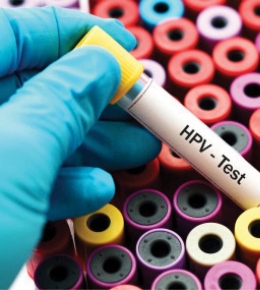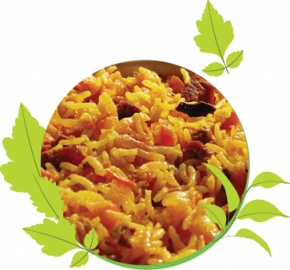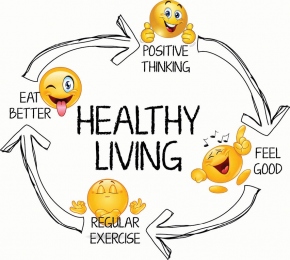Latest
- Bank Of India, Women's Day Celebration at Zonal Office Patto Plaza.
- Bridging Goa
- Death and Revival of bakery
- Fighting Cancer
- Cookbook Ishtann releases 7th edition
- Symposium of art icons MOG
- Goa government honours Dr Salkar with Best Social Worker award
- Iskcon celebrates Jagruti 2019
- GoaMiles Taxi App completes six successful months
- Condé Nast Traveller honours Goa with Favourite Leisure Destination award
Something Fishy
By SHERYL AFONSO E D’SOUZA on September 20, 2017
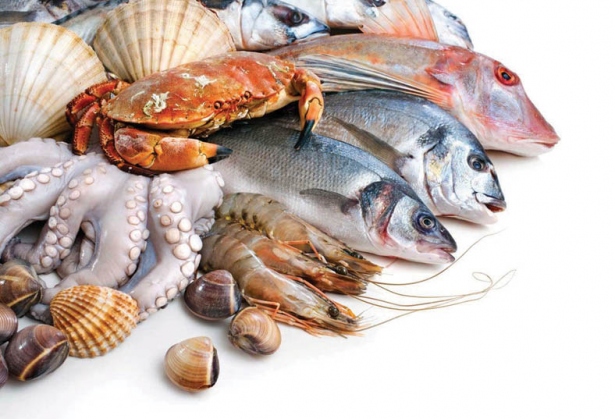
Know the nutritional benefits and disadvantages when including fish in your diet
As the Hindu vegetarian month of Shravan end, the aroma of fish curry, squid chilli fry, kismoor and recheido masala fried fish begin to tantalisingly waft out from every second home in Goa! Known for their dependence on the catch of the seas, Goan families are a happier lot when seafood is part of their platter. Relished without a second thought, fish on the menu spells delight while a medical restriction often spells doom!
A food item of excellent nutritional value, fish provides high-quality protein and a wide variety of vitamins and minerals, including vitamins A and D, calcium, phosphorus, magnesium, selenium, and iodine. Low in total and saturated fat, a large proportion of the fat in seafood is the healthier polyunsaturated fat.
Cholesterol, especially present in shellfish, is existent at a relatively low level of 100 milligrams per 100 grams cooked serving of fish, and many of the leaner types of fish have less than 60 mg of cholesterol – total cholesterol intake should not exceed 300 mg per day.
A little guidance from your dietitian will help you continue savouring this fleshy delight even when you’ve been diagnosed with hypercholesterolemia, gout or atherosclerosis.
The protein of fish is easily digestible and favourably complements (incomplete) dietary protein provided by cereals and legumes that lack essential amino acids. That’s why you have the famous rice-curry-dal-fish-vegetable combo that makes for a perfectly balanced meal!
PROS
Fatty fish such as salmon, tuna, mackerel, sardines and cod are noted for their heart- and brain-healthy omega-3 fatty acid content. These essential fatty acids, which cannot be produced by the human body, are vital to normal brain development in-utero and during infancy. Scientific evidence suggests that marine-derived omega-3 fatty acids eicosapentaenoic acid (EPA) and docosahexaenoic acid (DHA) can help reduce the risk of heart disease and contribute to brain as well as vision development in infants.
Read the full article in 'Viva Goa' magazine copy.
Viva Goa magazine is now on stands. Available at all major book stalls and supermarkets in Goa.
Viva Goa magazine is now on stands. Available at all major book stalls and supermarkets in Goa.



